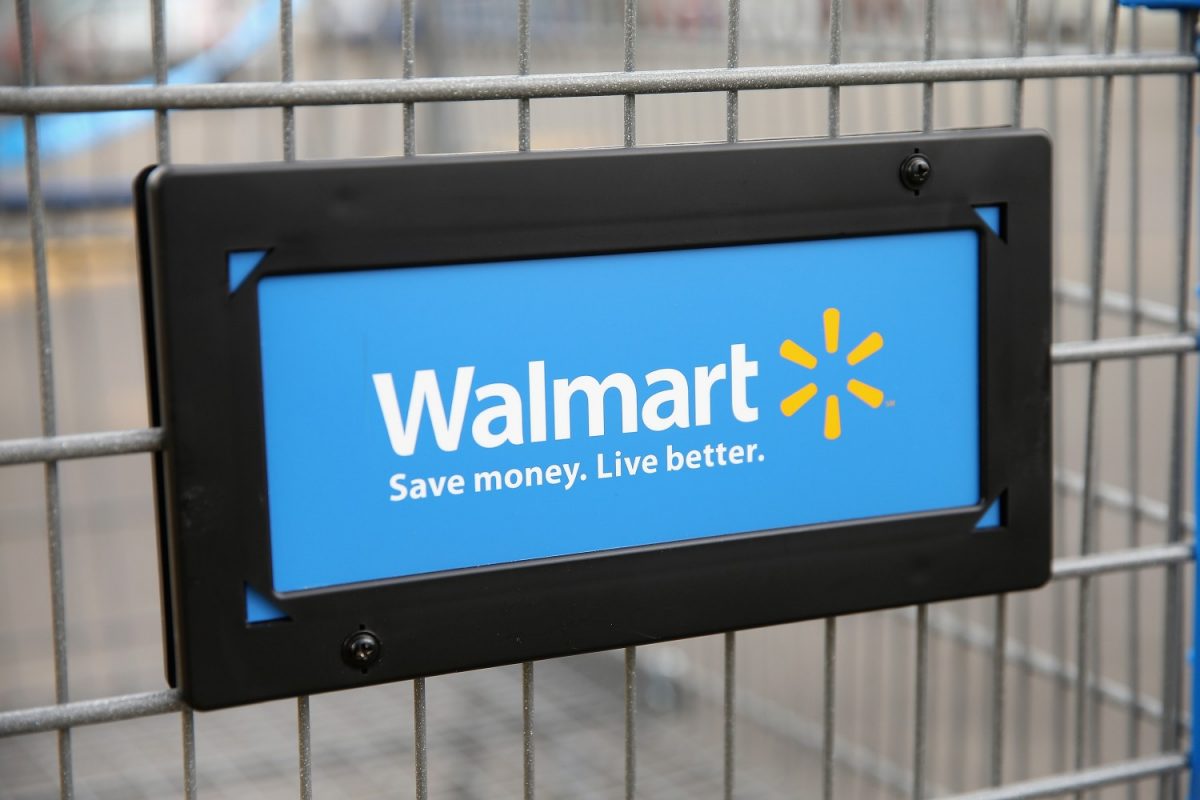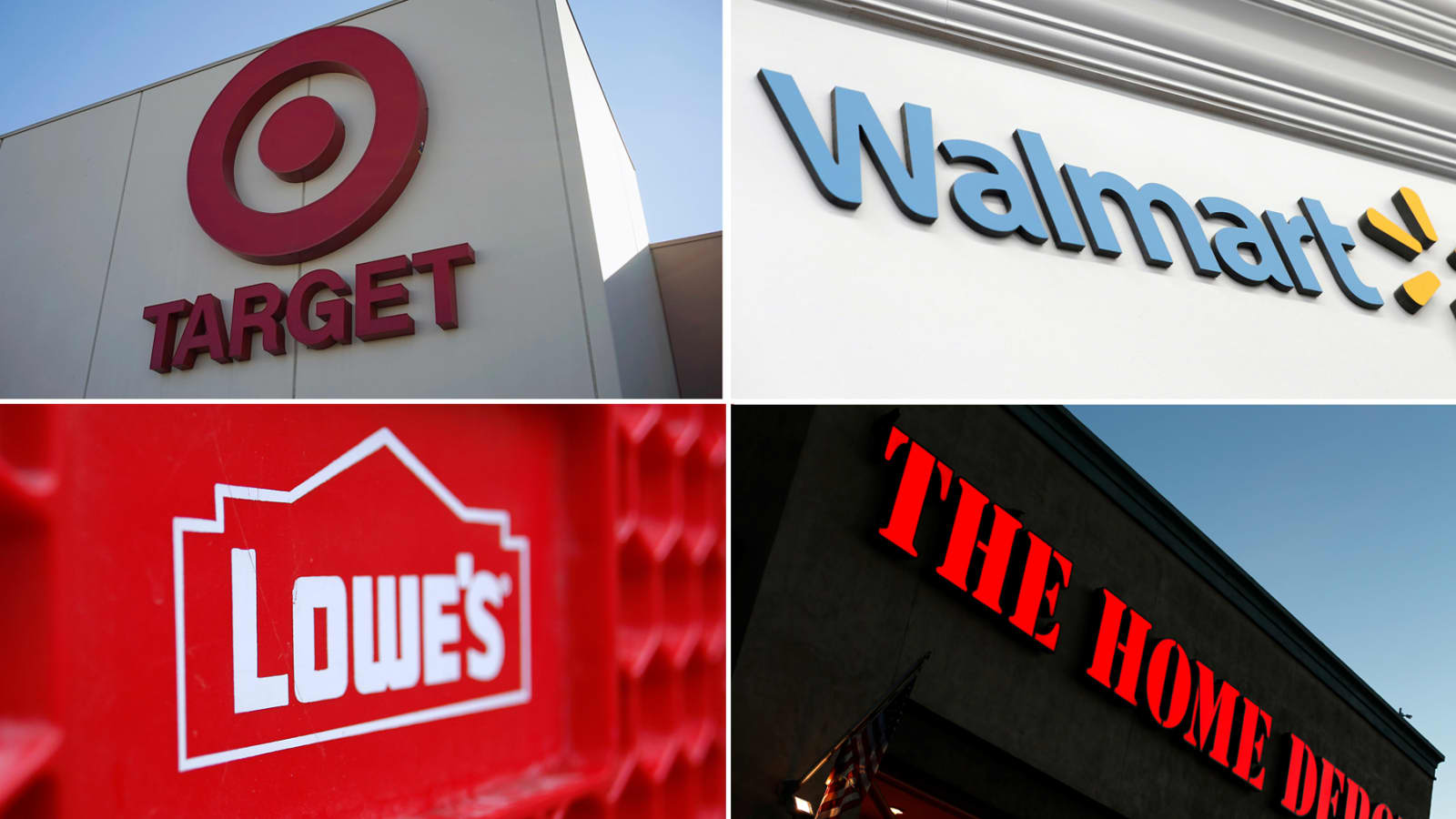As two of America’s retail behemoths, Walmart and Target, unveiled their latest earnings, the investor response couldn’t have been more divergent. Despite both companies surpassing analyst expectations, their stocks headed in opposite directions, encapsulating a tale of contrasting fortunes in an economy marred by inflation.

Target’s Earnings Reveal: A Closer Look at the Struggles
Target’s first-quarter results, though slightly above expectations, told a story of decline. The company’s earnings highlighted a decrease in profit and revenue from the previous year, primarily due to a significant pullback in discretionary spending as inflation continues to squeeze consumer budgets. This downturn in financial health sent Target’s shares down by 8% following the earnings announcement, wiping out most of its yearly gains. “Despite the pressures, we are focused on adapting and continuing to provide value, which positions us well for future share gains,” noted a spokesperson from Target.
Walmart’s Winning Streak Continues
Contrastingly, Walmart’s first-quarter report showcased an impressive surge in revenue and profits from the year prior, driven by what the company describes as “value-seeking behaviours” among consumers. The retailer has successfully attracted a demographic of higher-income consumers, those earning above $100,000 annually, contributing to a robust 7% increase in stock prices post-earnings release. “Walmart’s ability to cater to budget-conscious shoppers during these inflationary times has clearly resonated with our customers,” a Walmart executive explained. This has not only bolstered immediate sales but has also solidified the retailer’s market position.

Strategic Price Adjustments to Capture Consumer Interest
In a move to regain footing, Target announced a significant price cut on around 5,000 popular items throughout the summer, aiming to attract price-sensitive shoppers and stimulate sales. This strategy mirrors Walmart’s recent price reductions on nearly 7,000 items, underscoring a broader retail trend of price adjustments to maintain customer loyalty during tough economic times. “Target’s strategic price reductions are a proactive approach to the current economic challenges, aiming to better position the retailer among price-conscious consumers,” stated analysts from Bank of America, who maintain a “buy” rating on Target with an optimistic price target of $190.

Market Analysts Weigh In
Bank of America analysts have also expressed continued confidence in Walmart, raising their price target for the retailer’s stock from $67 to $75. This adjustment reflects the analysts’ belief in Walmart’s sustained momentum across various income segments, thanks to its strong value offerings. As the retail landscape continues to evolve under inflationary pressures, both retail giants are adapting in distinct ways. While Walmart rides a wave of growth, Target strategizes for recovery, making the retail sector a dynamic field of opportunities and challenges. As we move forward, the actions these giants take could serve as a barometer for the health of retail—and consumer sentiment—in a fluctuating economy.










